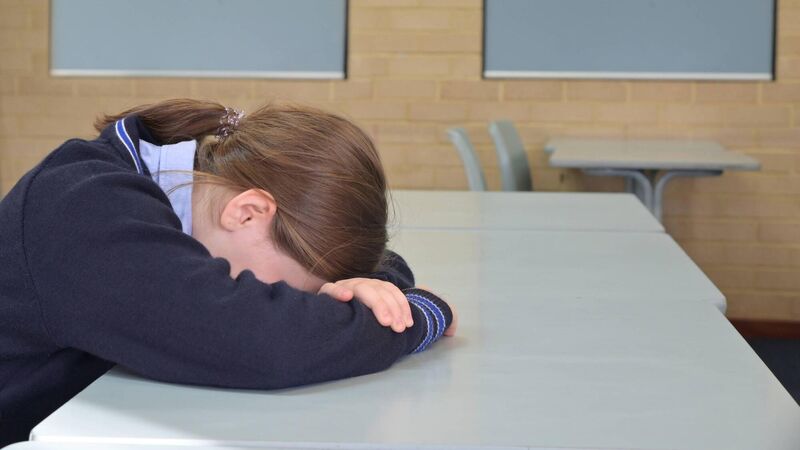Joanna Fortune: My daughter is being excluded by her friend group at school

Pic: iStock
Try from €1.50 / week
SUBSCRIBE
My 11-year-old daughter is being excluded by her friend group at school and doesn’t know why. Fortunately, she is a sporty girl and has made many good friends at the local club. She now brings a book to school to read during break time, but it breaks my heart to see her so upset. I spoke to her teacher but she said there was little she could do.
It is so hard to see our children struggle like this and the urge to jump in and rescue them from this kind of situation is immense.
Already a subscriber? Sign in
You have reached your article limit.
Annual €130 €80
Best value
Monthly €12€6 / month
Introductory offers for new customers. Annual billed once for first year. Renews at €130. Monthly initial discount (first 3 months) billed monthly, then €12 a month. Ts&Cs apply.
CONNECT WITH US TODAY
Be the first to know the latest news and updates
Newsletter
The best food, health, entertainment and lifestyle content from the Irish Examiner, direct to your inbox.
© Examiner Echo Group Limited